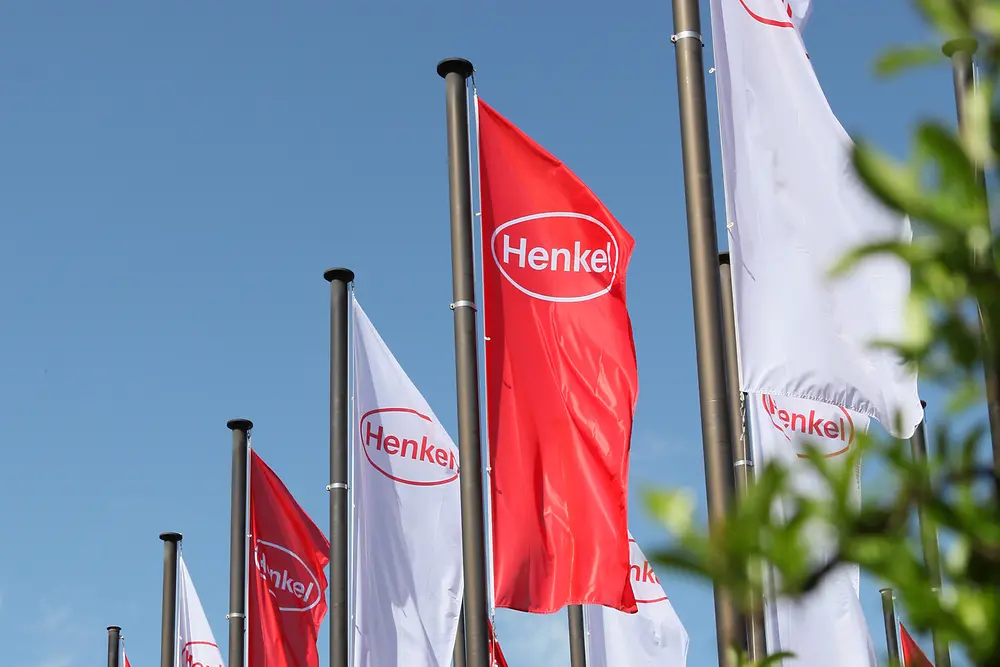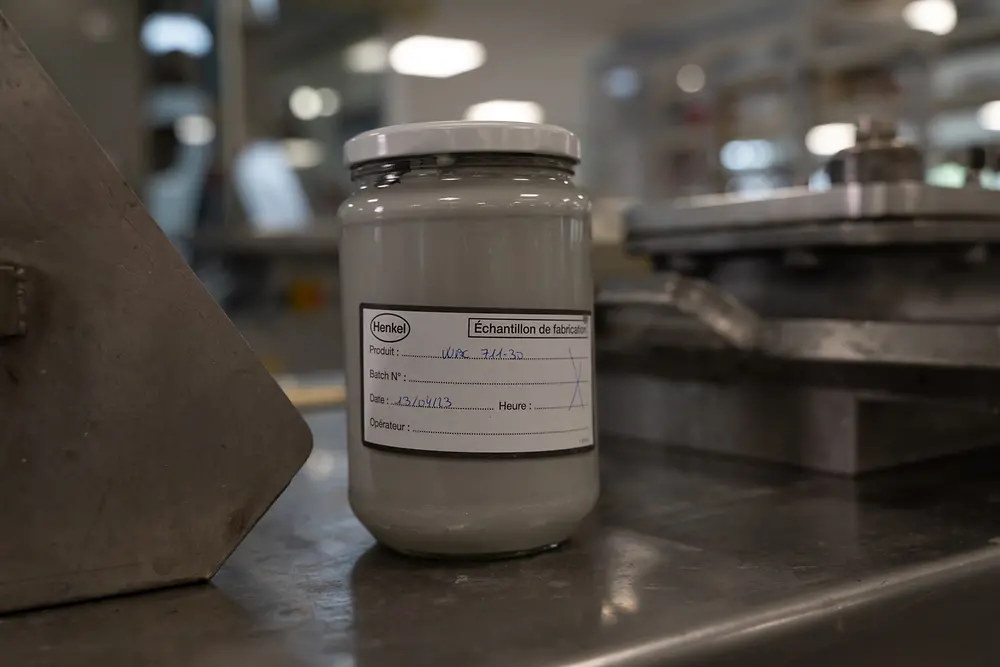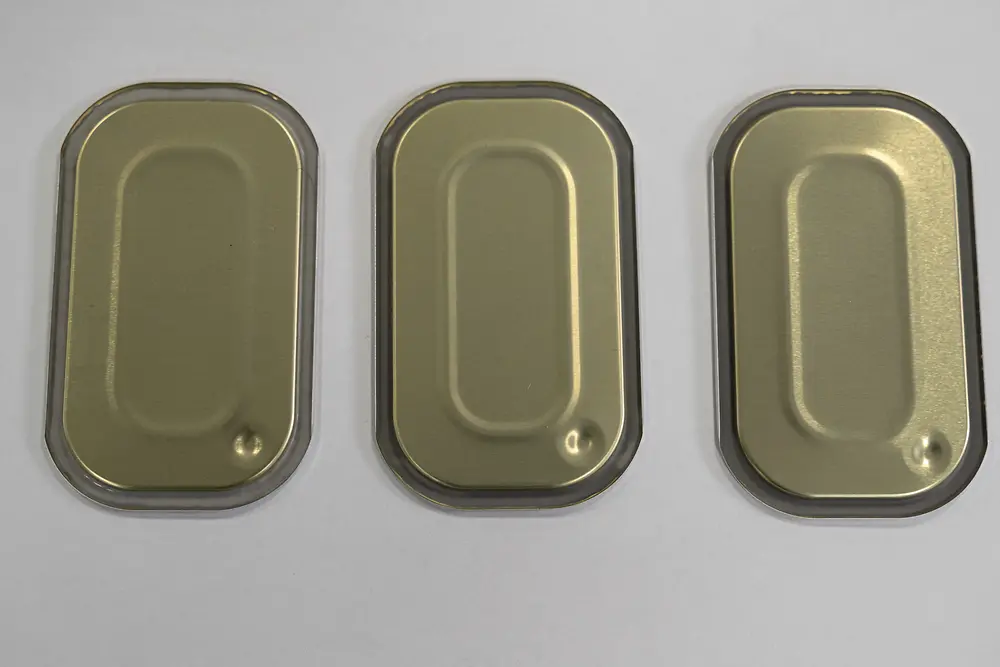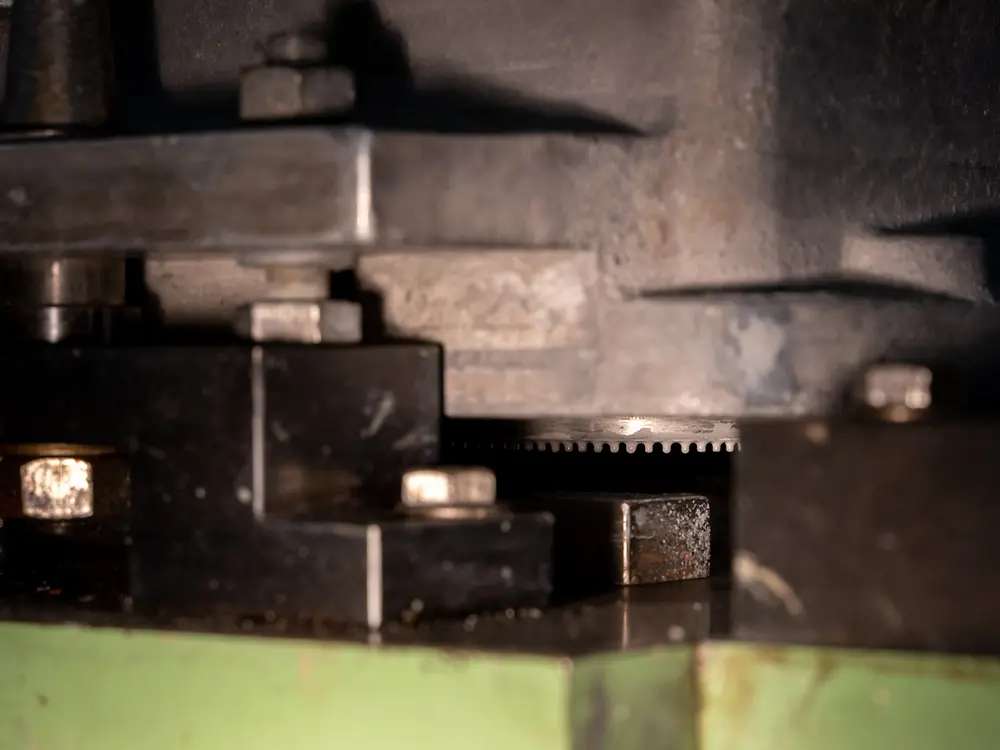Sealing tinplate or aluminum cans with rectangular and oval ends, known in the industry as "irregular ends," is challenging. Unlike in the case of round ends, the product cannot be evenly distributed around the end perimeter by centrifugal force. To date, Henkel's established compounds DAREX OP 2928, DAREX OP 453 and DAREX OP 53BX have been available for shower head and die lining application. During the process, non-web additives must be added to avoid specific application problems. These include webbing and cloudy, elongated compound droplets known as “angel hair”. With the new development of DAREX WBC 711, Henkel Adhesive Technologies has eliminated the need for these additives, resulting in a highly effective conventional sealing at a lower applied cost. The water-based sealant offers a cost-effective alternative for the same application, even enabling a higher throughput.
The advantages: material costs are reduced because the user no longer must purchase the additives previously required. In addition, the downtimes for additional cleaning of the application surfaces and the entire effort for the addition and mixing of the additive are eliminated. Because the sealant can be applied more cleanly, there is less end spoilage and sealant waste. The improved storage stability of the product results in an improved pot life. This leads to a significant reduction in metal waste since the nozzles clog less easily, preventing quality defects such as gaps in the seal and leaks that lead to rejection of the can end.
The sealant can be used in hot and cold filling, double seaming with or without steam injection, and in subsequent pasteurization or sterilization. Because DAREX WBC 711 was developed specifically for traditional shower head and die lining applications, it improves operations for users of such older generation liners. The product exhibits good resistance to hot oil and water and conforms with European food legislation as well as Food and Drug Administration (FDA) 175.300 requirements.
“The extended pot life and lower carbon footprint are just two of the many ways that the new sealant contributes to more sustainable production of tinplate and aluminum cans,” explains Enzo Orellana, Global Market Strategy Manager Sealants at Henkel Adhesive Technologies. “Overall, our customers achieve significantly greater process flexibility which provides environmental, cost and performance benefits.”











